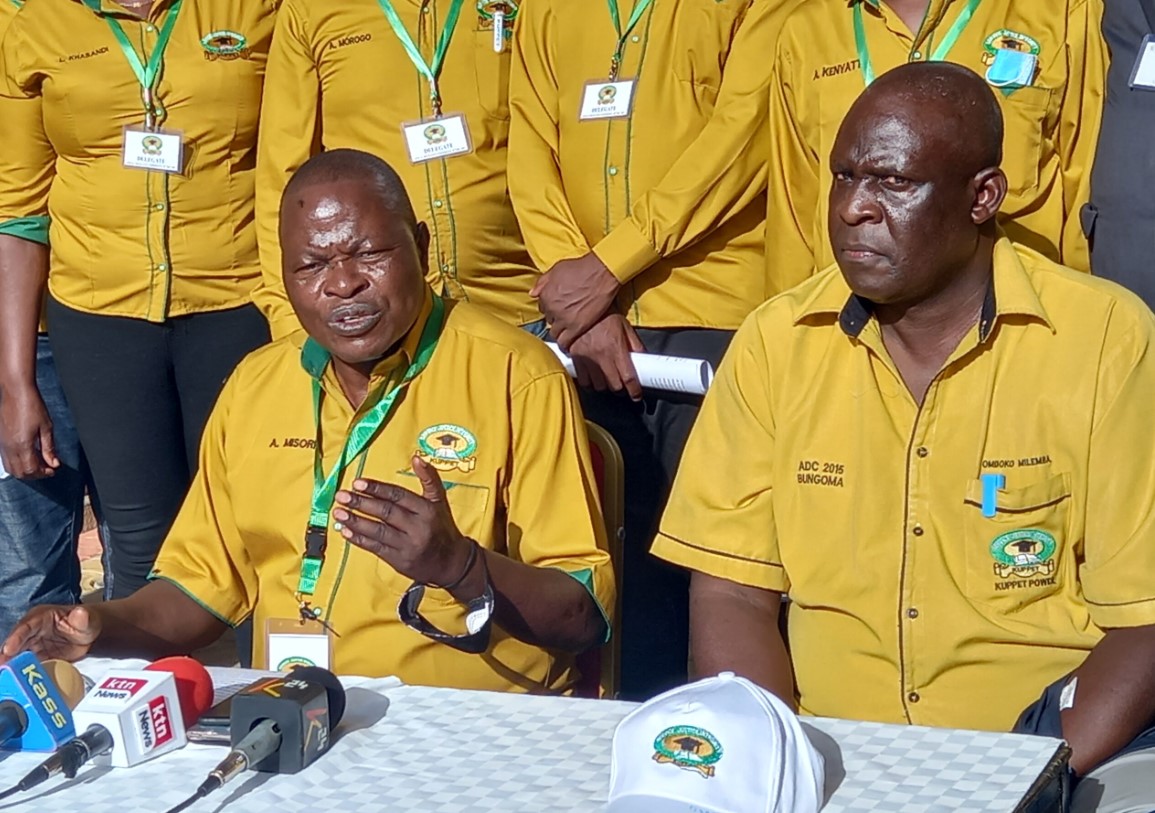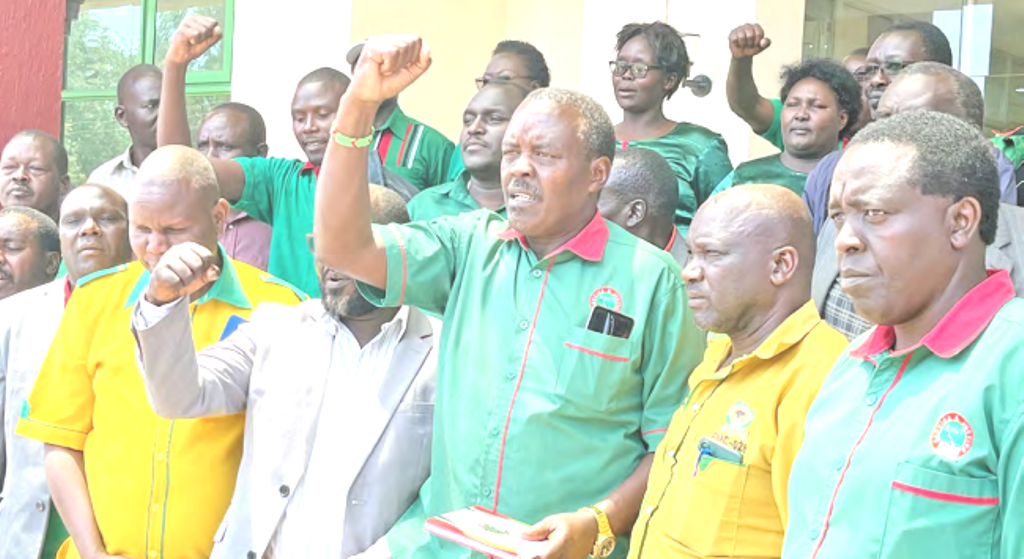
Beyond the Blackboard: Teachers’ Salaries Take Center Stage
A salary increment is an agreed-upon increase in pay, often negotiated through a Collective Bargaining Agreement (CBA) between unions and employers. In Kenya’s education sector, such raises are typically brokered between the Teachers Service Commission (TSC) and teacher unions.
On July 18, 2025, TSC signed the 2025–2029 CBA with the Kenya Union of Post‑Primary Education Teachers (KUPPET) and the Kenya National Union of Teachers (KNUT) at a ceremony witnessed by acting TSC CEO Eveleen Mitei. This deal officially rolls out in the July payroll and marks a significant change from a minimum basic of Ksh 23,000 to Ksh 28,620 for the lowest-paid teachers, and up to Ksh 167,415 for senior educators.
Breakdown of the Increment: Percentages Explained
Lowest cadre (B5): basic pay uplift from Ksh 23,000 to Ksh 28,620 — a 29.6% increase
Highest cadre (D5): 5% increase, maximum pay moving to Ksh 167,415
TSC also proposed across-the-board 16%–32% salary increases and a 20% boost in allowances (hardship, commuter, leave), pending SRC approval.
Union Demands & Teacher Reactions
KUPPET’s Stand
KUPPET Secretary-General Akelo Misori described the agreement as a shift toward equity, highlighting that previous CBAs disproportionately benefited administrators.
“This CBA marks a shift towards fairness. In the last agreement, school heads benefited the most. This time, the ordinary teacher, the one carrying the daily burden, is at the center,” said Misori.
While applauding the focus on classroom teachers, Misori expressed disappointment in the limited scope of the agreement:
“This process, which has just been completed, was full of complexities involving engagement and compromise. The award did not meet even a third of our expectations. But as a union, we believe in taking what we have while continuing to fight for more.”
KUPPET continues to press for postgraduate, township, and responsibility allowances to be addressed in subsequent revisions.
KNUT’s Demand for More

KNUT initially demanded a 60% salary hike and 30% boost in allowances, citing rising living costs. Though the union had threatened a strike, they signed the CBA on condition that further negotiations continue. KNUT has committed to monitoring implementation and pushing for additional gains.
Legal Framework: When & How Salaries Can Be Increased
Kenya’s legal framework requires that teacher pay adjustments follow structured negotiations under the Employment and Labor Relations Act, with approval from the Salaries and Remuneration Commission (SRC). Any CBA must include:
Clearly defined timeframes
Percentage-based increments
Justification reports
National Treasury clearance
Historically, legal battles have shaped the salary increment process especially when implementation delays or inequities occur. Teachers’ unions have successfully sought judicial intervention to enforce previous agreements.
Historical Snapshot: Evolution of Teachers’ Pay in Kenya
Pre-1997: Minimal structured negotiation; low, irregular pay reviews.
1997: A phased 10-year salary increment plan was agreed upon but later stalled, prompting lawsuits.
2015: Court-ordered 50%–60% rise over four years.
2021–2025: Incremental bumps averaging 9.5%.
2025–2029: The current CBA includes a 29.6% hike for the lowest cadre and up to 5% for senior staff.
At Research8020, we believe in evidence-based policy, equity in governance, and the power of informed public discourse. As a leading market research and strategy firm, we call on policymakers, educators, civil society, and citizens to support transparency in public sector wage negotiations and to uphold the dignity of frontline workers especially teachers, who shape the future of our nation.
To explore how data can inform fair compensation policies, improve workforce satisfaction, and strengthen public accountability, visit us at 👉 www.research8020.com
Together, let’s build a Kenya where every teacher is valued, every policy is just, and every voice counts.
